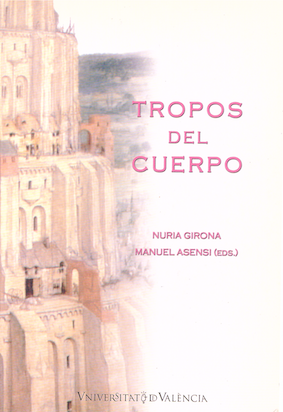De palabras y cuerpos silenciados’: representaciones de Eco en la poesía de Marlene Nourbese Philip
DOI:
https://doi.org/10.7203/qf-elit.v9i0.5131Keywords:
Silence, myth, body, Echo, border Abstract
Abstract
In the present time, one of the most recurrent tendencies in the rewriting and translation of classic myths it is located in the space of Literatures of the borders. In this article we propose to rescue some of these texts of “the margins” and to locate them in the center of the critic to be able to study the revision of the myth of Echo from the poetry of Canadian author Marlene Nourbese Philip. The book of poems She Tries Her Tongue, Her Silence Softly Breaks (1988) is clear example of the recovery of the myth of Echo from the space of the old colonies. Throughout this poem set, the author cracks the foundations of the western culture and reconstructs, on the base of such, the body and the voice of the feminine experience of colour; the body and the voice of Echo. Thus, it discovers a voice that, although still emulates the language of Narcissus, the language of being able, it reveals in a chain of rates and moved away cadences of the western tradition and therefore immersed in the history of the words of the afro-Caribbean colour.
 Downloads
Downloads
Downloads
Published
How to Cite
-
Abstract275
-
PDF (Español)160
Issue
Section
License
 Este obra está bajo una licencia de Creative Commons Reconocimiento-NoComercial-SinObraDerivada 4.0 Internacional.
Este obra está bajo una licencia de Creative Commons Reconocimiento-NoComercial-SinObraDerivada 4.0 Internacional.
Authors who publish with this journal agree to the following terms:
- Authors retain copyright and grant the journal right of first publication with the work simultaneously licensed under a Creative Commons Attribution License that allows others to share the work with an acknowledgement of the work's authorship and initial publication in this journal.
- Authors are able to enter into separate, additional contractual arrangements for the non-exclusive distribution of the journal's published version of the work (e.g., post it to an institutional repository or publish it in a book), with an acknowledgement of its initial publication in this journal.
- Authors are permitted and encouraged to post their work online (e.g., in institutional repositories or on their website) prior to and during the submission process, as it can lead to productive exchanges, as well as earlier and greater citation of published work (See The Effect of Open Access).




